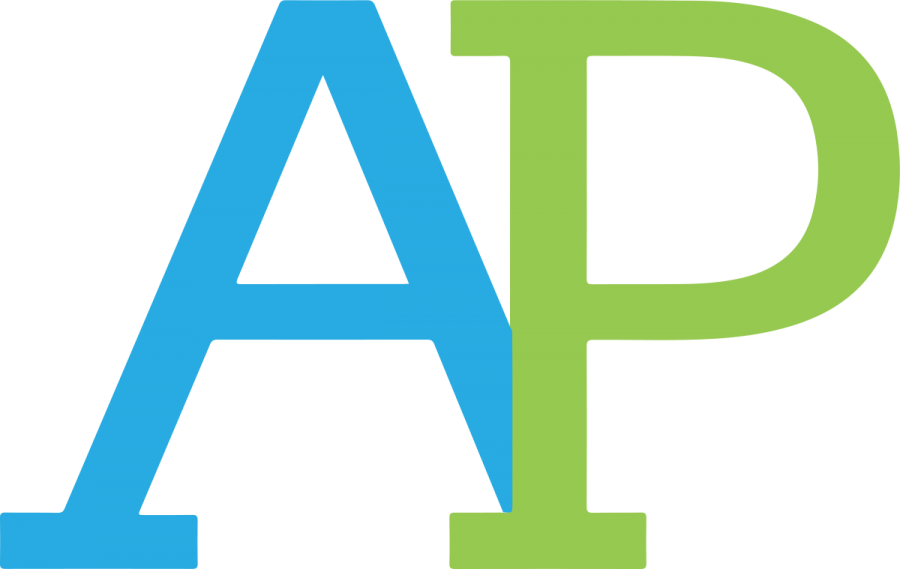The College Board cancels face-to-face AP exams, offers online alternative due to COVID-19 concerns
Photo courtesy Wikimedia Commons
Citing COVID-19 concerns, The College Board canceled all face-to-face AP exams; instead, students have the option of taking 45-minute free-response-only exams online May 2020, according to a March 20 briefing.
March 20, 2020
Citing COVID-19 concerns, The College Board canceled all face-to-face AP exams; instead, students have the option of taking 45-minute free-response-only exams online May 2020, according to a March 20 briefing. The College Board hasn’t collected any fees from schools yet, so if registered students choose to opt out of their exams, their schools will provide a full refund without charging College Board’s traditional $40 cancellation fee.
The College Board came to this decision after surveying over 18,000 AP students, 91% of whom said that they still wanted to take their respective AP exams.
“Colleges support this AP exam solution for this emergency year and want students to have the opportunity to earn their college credit,” the briefing said.
To help students review content from throughout the year, the College Board will release instructional content videos. These videos will primarily focus on skills and concepts from the first 75% of courses. The AP tests won’t cover material that teachers traditionally teach after early March.
Each exam, with the exception of Computer Science Principles, Seminar, Research and Art & Design — which, per usual, will submit projects digitally — will have two separate testing dates. The College Board will release information regarding exam dates April 3.
“Some students may want to take the exam sooner rather than later, while the content is still fresh,” the briefing said. “Other students may want more time to practice.”
Some students think that taking an exam at home will make cheating more rampant.
“I don’t know how this is going to affect the curve, and obviously I think that more people are going to cheat,” junior Riley Sullivan said. “I don’t know how that’s going to affect my grade.”
The College Board will use a variety of solutions to prevent cheating, like plagiarism detection software, said this morning’s statement.
Some students feel that online exams may put some schools at a content-based disadvantage. Since teachers across the country work at different speeds, students at different schools may not be all at the same level of understanding.
“That’s going to put a couple of schools at a disadvantage because teachers don’t teach at the same pace,” junior Kushan Weerakoon said. “I don’t know how they’re going to estimate how much kids have learned.”









